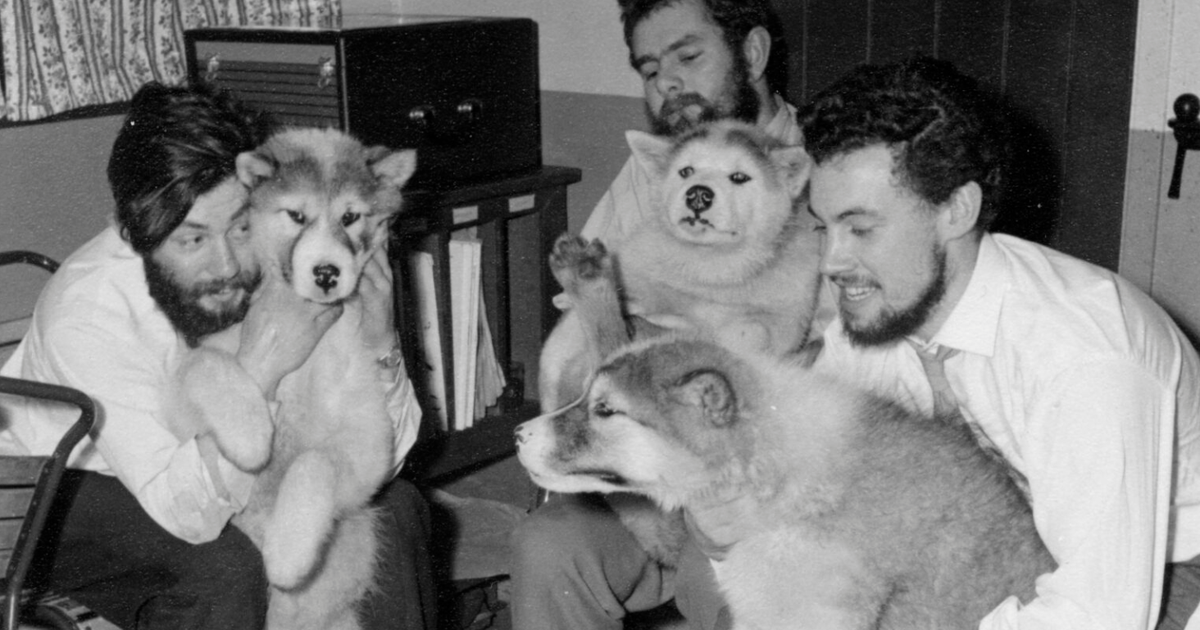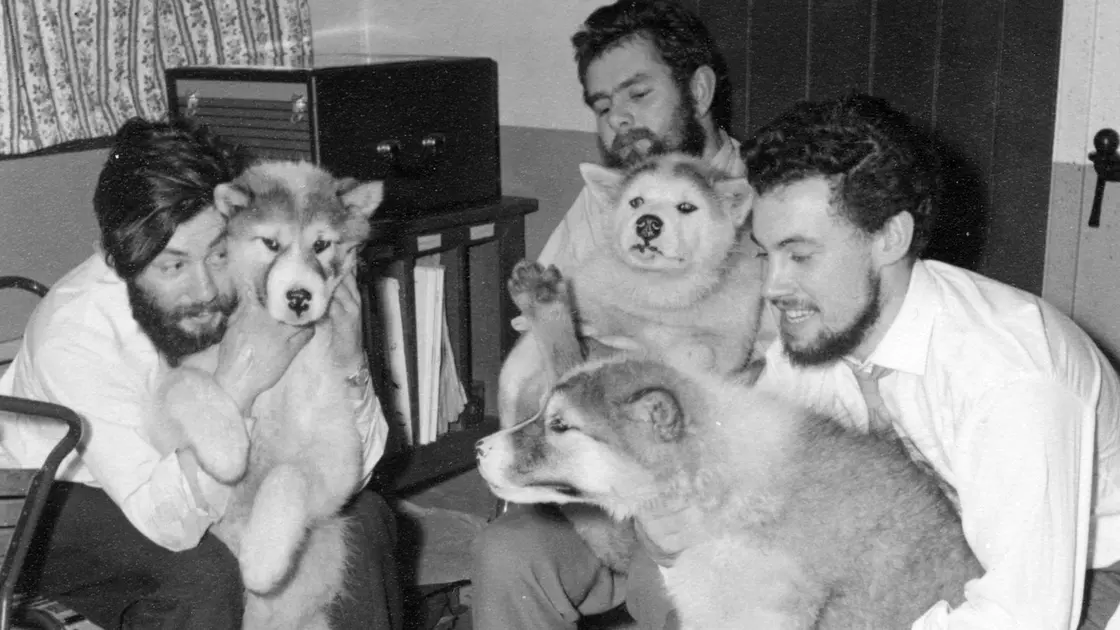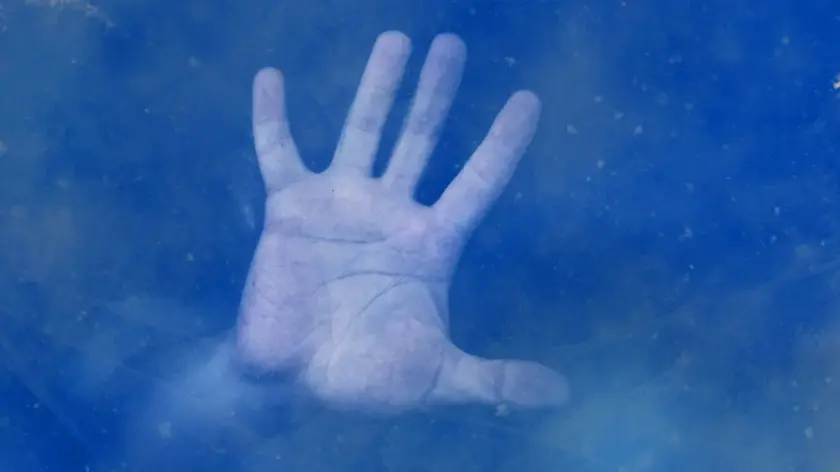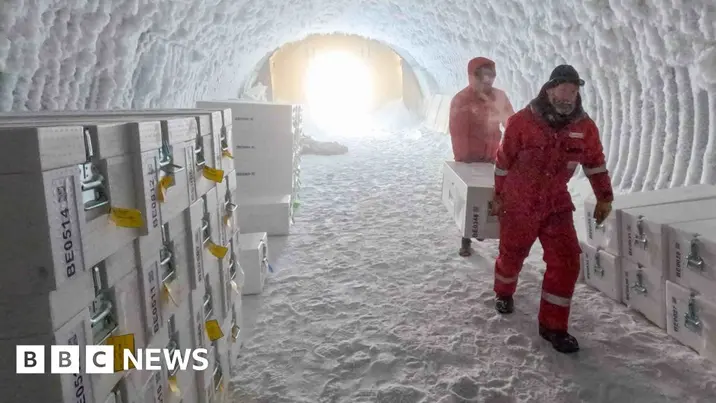T4K3.news
Antarctic Discovery Ends 66-Year Mystery
Remains of Dennis Bell from a 1959 disappearance were found on King George Island near a receding glacier, identified by DNA.

The remains of Dennis Bell, a British researcher who vanished in 1959, were found near Admiralty Bay on King George Island.
Antarctic Discovery Ends 66-Year Mystery
The British Antarctic Survey said the remains were identified as Dennis Bell, a meteorologist who disappeared during a 1959 glacier survey on Admiralty Bay, King George Island. Bell, 25, disappeared after attempting to encourage tired dogs on a dogsled route; he did not reappear and his body was never recovered until now.
A Polish team recovered the remains near a receding glacier, alongside more than 200 personal items. DNA analysis confirmed Bell's identity. Bell's brother David and BAS officials described the moment with mixed emotions, while Jane Francis, BAS director, called the discovery poignant and a reminder of the human stories in Antarctic science.
Key Takeaways
"I had long given up on finding my brother."
David Bell on the discovery
"This discovery brings closure to a decades-long mystery."
Jane Francis on the significance
"I was shocked and amazed."
David Bell on learning the remains were found
"It is remarkable, astonishing. I can't get over it."
David Bell reacting to the find
The find links a memory of Antarctic exploration to present concerns about climate change. As glaciers retreat, they expose long buried traces of the human past, reminding readers that science is a continuous conversation between risk, discovery, and memory. It also shows how technology like DNA analysis helps solve old mysteries while underscoring the fragility of expedition records.
International teams play a crucial role in polar history. The story highlights the need to support families of missing explorers and to preserve the history of exploration for future generations. It also raises questions about how climate change may reveal more such remnants and how institutions document these moments.
Highlights
- Shocked and amazed after 66 years
- Ice has a memory and it just spoke
- History surfaces where the ice keeps its secrets
- Science meets memory at the edge of the world
Climate context and public reaction risk
The piece touches climate change and public memory of exploration, which can spur debate on policy or historical responsibility. Readers may react emotionally to the family story and to the broader climate context.
As ice retreats, new memories may surface along with more questions about history and risk.
Enjoyed this? Let your friends know!
Related News

Antarctic discovery closes long-running mystery

Remains Found in Antarctica

Remains Found in Antarctic Glacier

Glacier Reveals 28 Year Mystery in Pakistan

Antarctic glow explained by plankton

Ancient ice core research gains traction in UK

Discovery of Betelgeuse's Companion Star Confirmed

Astronomers discover companion star of Betelgeuse
